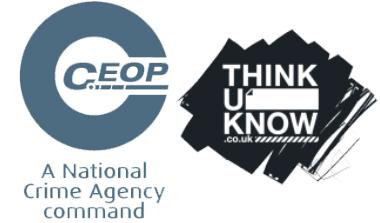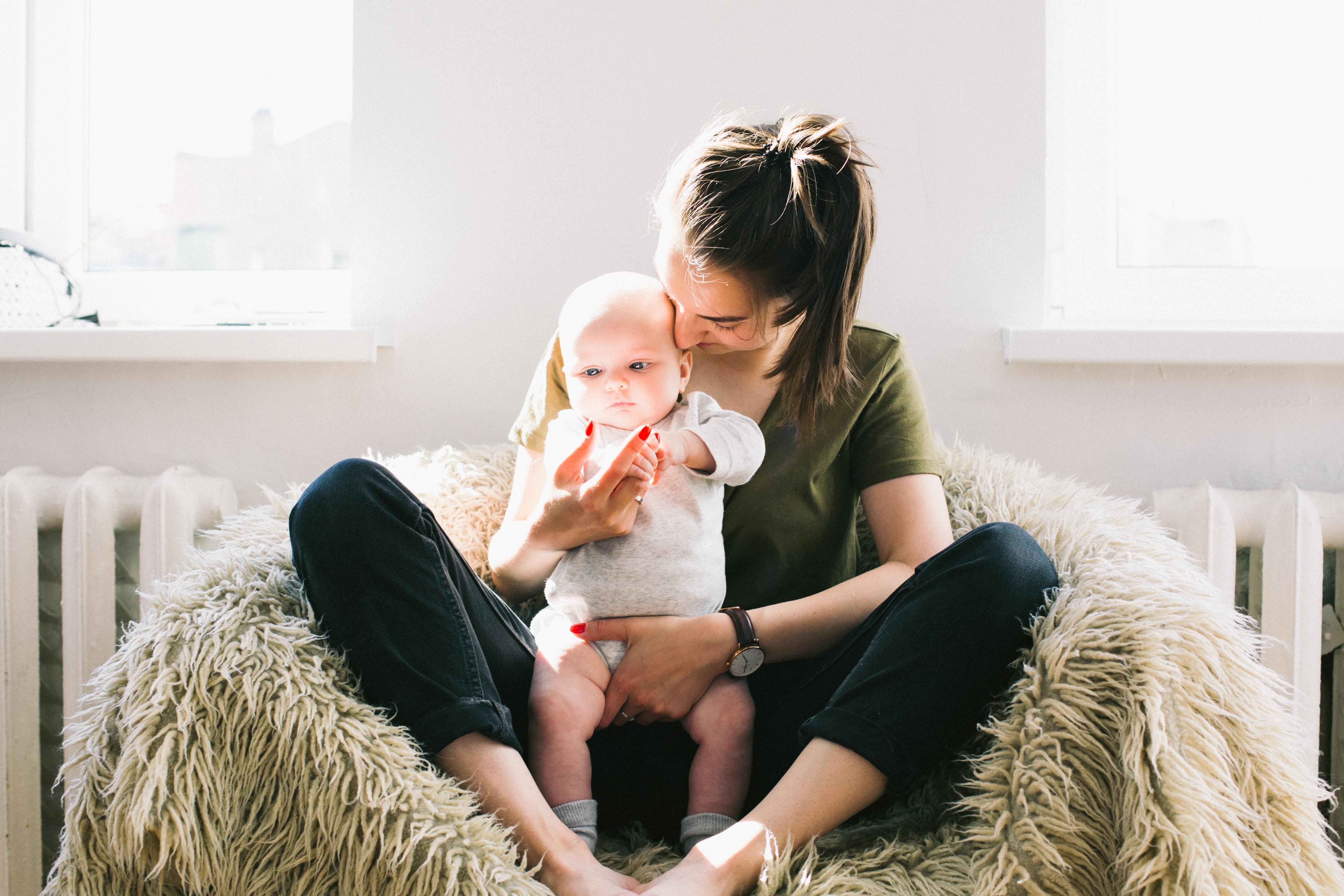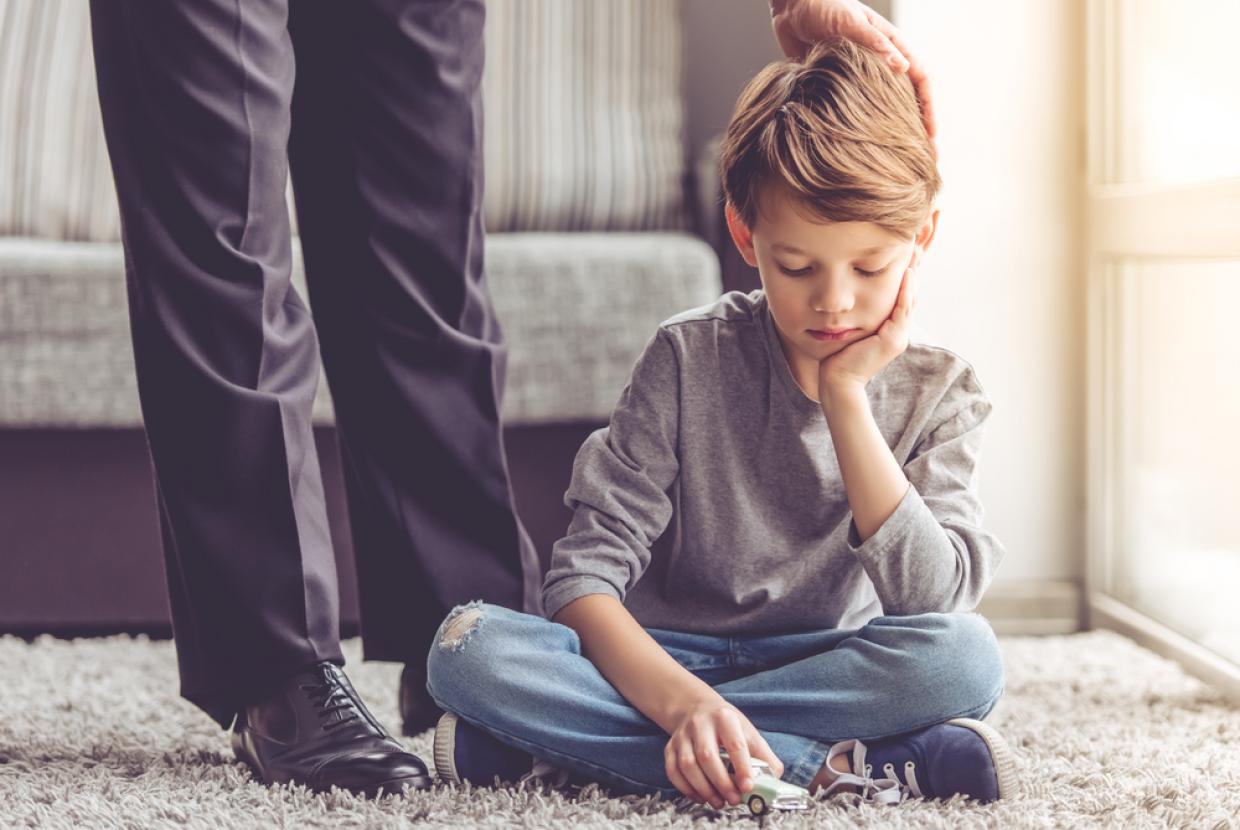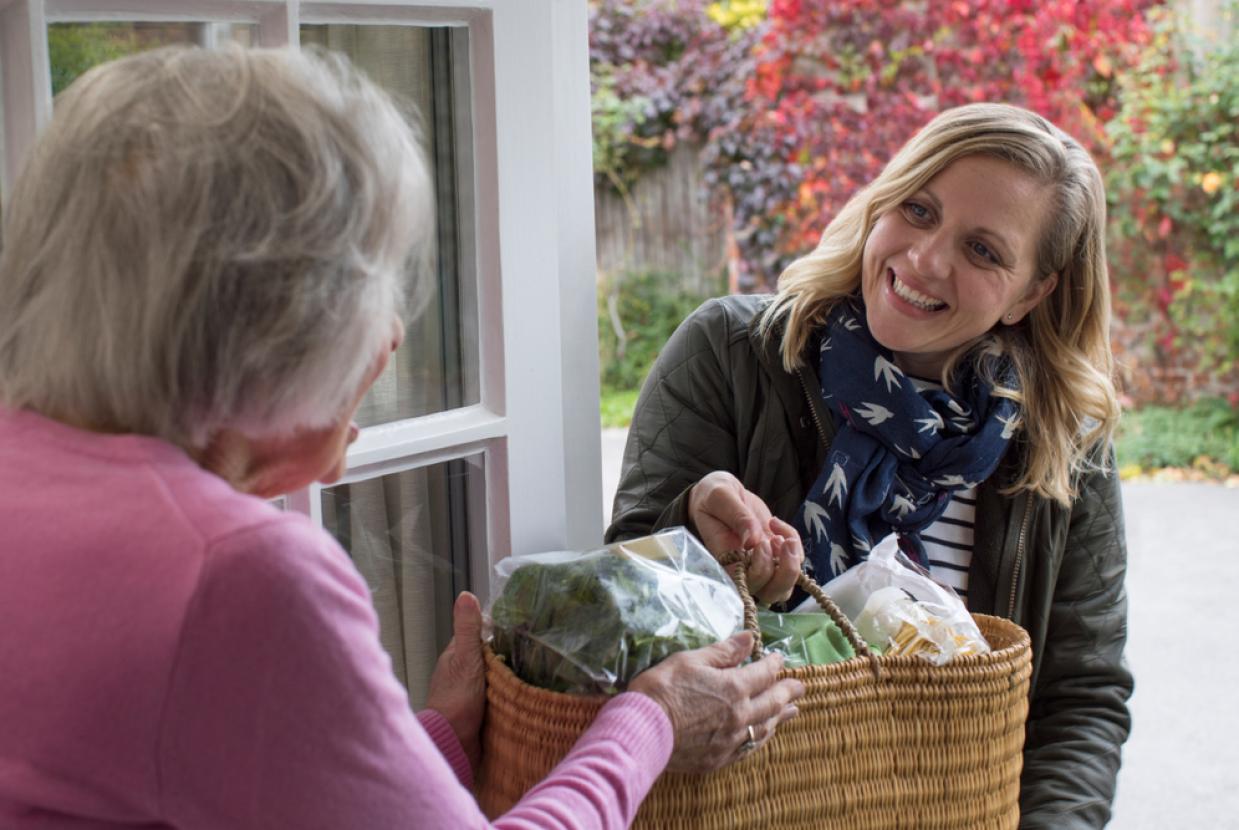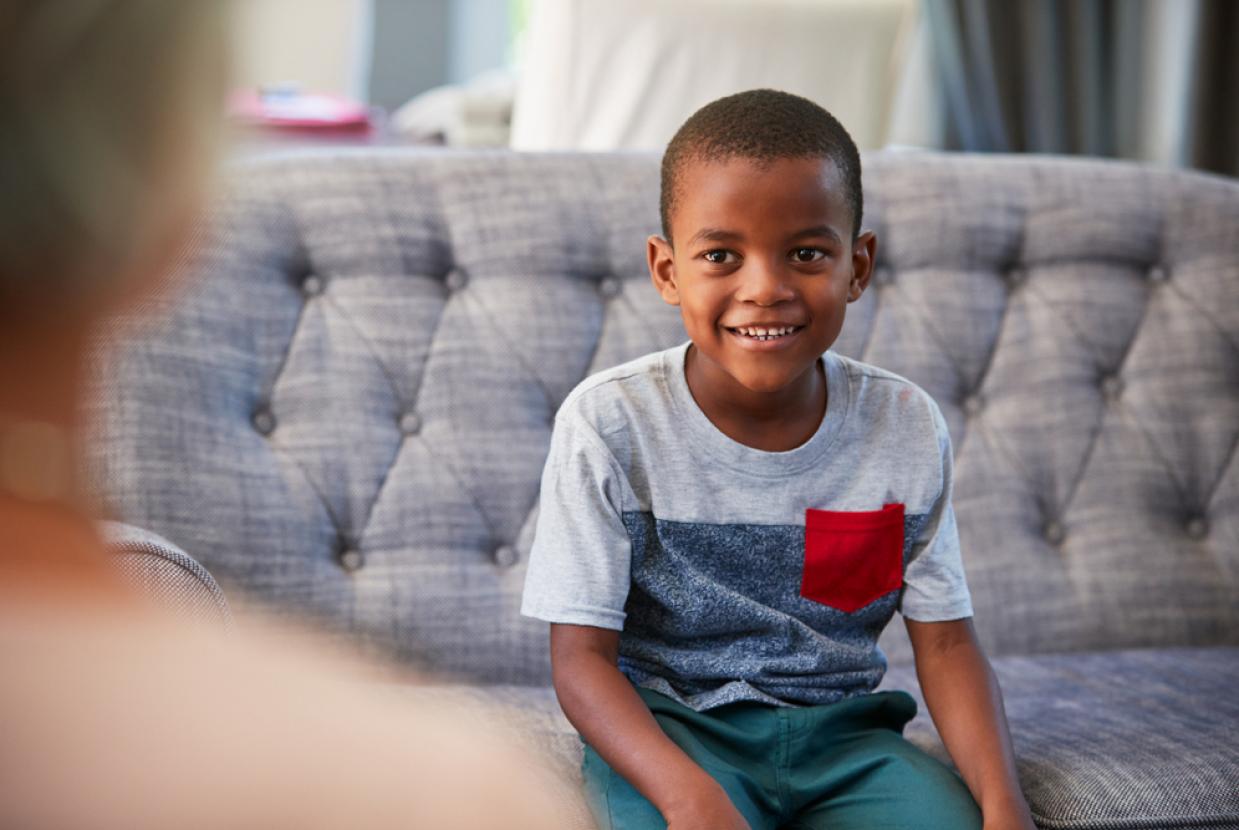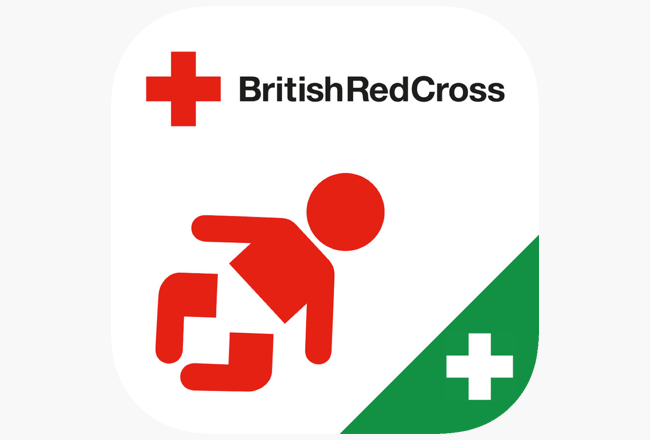Gaming: What Parents & Carers Need To Know
Gaming is extremely popular with children and young people. If your child is gaming, you may have questions about how your child can be safer whilst they play and interact.
Gaming is loved and enjoyed by children and adults across the world. It can be a way for children to be social, learn new skills, develop teamwork and relax. However, gaming also comes with risks for children. It can be difficult to keep up with the latest games and how they work. Here we take a look at key safety concerns and how you can support happier, safer gaming for your child.
Remember – If you are worried that a child is being groomed in a game, or on any other online platform you should seek support. You can contact your local police by calling 101. If you believe a child is in immediate danger call the police on 999.
If you would like to talk to a professional about any other online concerns, you can call the NSPCC on 0808 800 5000.
How can I make gaming safer for my child?
- Talk with your child about gaming. Talk with your child to learn the games they like, what the content of those games are and what features the games have. This will help you to understand more about how your child plays games and how appropriate different games are. Once you know which games your child likes, you can use NSPCC’s Net Aware to search for apps and games to find out more about them and how safe they are.
- Learn together. You can use our resources to teach your child about safer gaming at all ages. For primary age children you can use our Jessie & Friends (ages 4-7) and Play, Like, Share (ages 8-10) resources. Secondary age children can access advice about gaming through the Thinkuknow website, as well as through on-going conversations with you.
- Set boundaries and safety settings. Internet Matters make it easier to put safety settings in place, providing step-by-step guides for each console or device. Spend time setting these up with your child and make sure they know how to block and report on the games they are playing. You should also talk with your child to create an agreement for gaming; think about how much time they can spend, which games they can access, if you will allow in-app purchases and what spaces they can play in. For primary aged children it is advisable to have them play in shared spaces/the same room as you.
How risky is in-game chat?
Gaming is often a social activity for children and talking with friends is part of their enjoyment. However, in-game chat can pose risks such as:
- Chatting with people they don’t know. This can include adults that are seeking to make contact with children with the intention of sexual grooming and offences.
- Inappropriate or unmoderated chat. Whilst a lot of chat is moderated, chat is live and there is a risk of exposure to sexual language, swearing or bullying.
- Requests to make chat private. Once chat is moved off a monitored platform, no one is moderating it. This can be used to pressurise children into sharing personal information, photos, video or chat that they don’t want to.
- Offering gifts or trades. This may be used by offenders to build trust and a relationship with a child, as part of grooming.
How do I know what games are age appropriate for my child?
Our article on what’s appropriate for your child will help you to understand more about the Pan European Game Information (PEGI) age rating system, which helps parents and carers to make informed decisions around games, giving age ratings and content descriptors.
It is also important to consider your child’s individual needs, emotional maturity and experiences to support the decisions you make around gaming. For example, a game may be rated age appropriate but have content that you know your child will find frightening or won’t understand.
Should I be worried about gifts and trades in gaming?
Items such as game currency, skins, loot boxes, tools and weapons are often used in games to help a player progress through the game or give increased status amongst other gamers. Often these require in-app purchases, which many children won’t have access to, or require your permission for, so accepting trades or gifts may be tempting.
Whilst not always the case, trades or gifts within gaming can be used by child sex offenders to gain contact with a child. They may offer gifts asking nothing in return, this can be part of the grooming process and can help to build a close relationship with a young person. They may also try to use gifts as a way to persuade a child to do something such as going on a webcam, taking photos or videos of themselves, moving conversation to a different online platform or to an offline platform such as messaging over phone.



